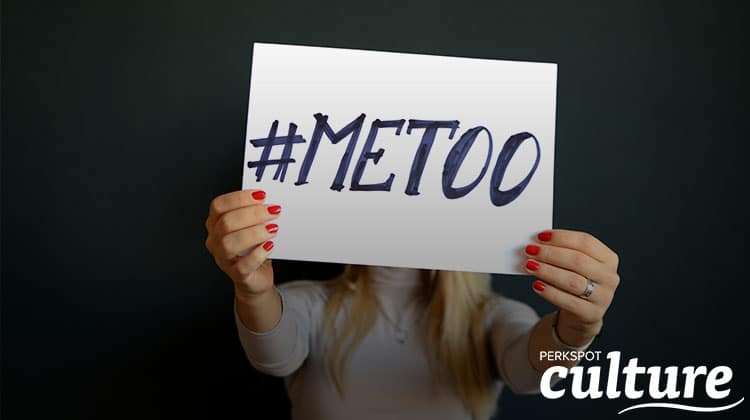In light of the recent Harvey Weinstein allegations, you may have noticed your social feeds filling up with #metoo. This hashtag movement is raising awareness of sexual harassment, and as usual, we’re left asking the question… what does this mean for HR? What is HR’s response to #MeToo?
It may not shock us to hear experiences of sexual harassment or abuse in Hollywood. However, if you saw #metoo appearing on your social network, it may have come as a surprise how prevalent sexual harassment is among our social circles and our workplaces.
Sexual harassment is not new to the workforce, nor is HR ignorant to its existence. However, just like any other workplace issue, the fight is continuous and constantly changing.
If you’re a human resources professional, here are a few questions you should be asking yourself about sexual harassment, and some hard truths we found based on a 2016 report from the U.S. Equal Employment Opportunity Commission.
How can we create an environment of trust, versus fear, in our workforces so our employees feel free, and safe, to come forward when facing harassment?
Hard Truth: A 2003 study reported 75% of employees who spoke out against workplace mistreatment faced some form of retaliation.
How can we redefine what sexual harassment means in 2017 and ensure our employees know their rights?
Hard Truth: One in four women (25%) reported experiencing “sexual harassment” in the workplace when the term was not defined. Whereas, when “sexual harassment” included example scenarios, the rate rose to 50%, and when defined as “unwanted sexual attention or sexual coercion” along with examples, the rate rose to 75%.
How can we educate employees on company policies and procedures in response to sexual harassment?
Hard Truth: 90% of workers who have experienced harassment never formally reported it.
How can we not just perform preventative measures, but instead foster a culture of respect and civility among employees?
Hard Truth: Both male and female employees who observed hostility directed toward their female coworkers, not even dealing with the harassment directly, were more likely to experience lower psychological well-being.
The workplace is ever-evolving and our policies and preventions for Sexual Harassment need to keep up. It’s vital to the life of our businesses, to the bottom line, and to our employees’ well-being.
